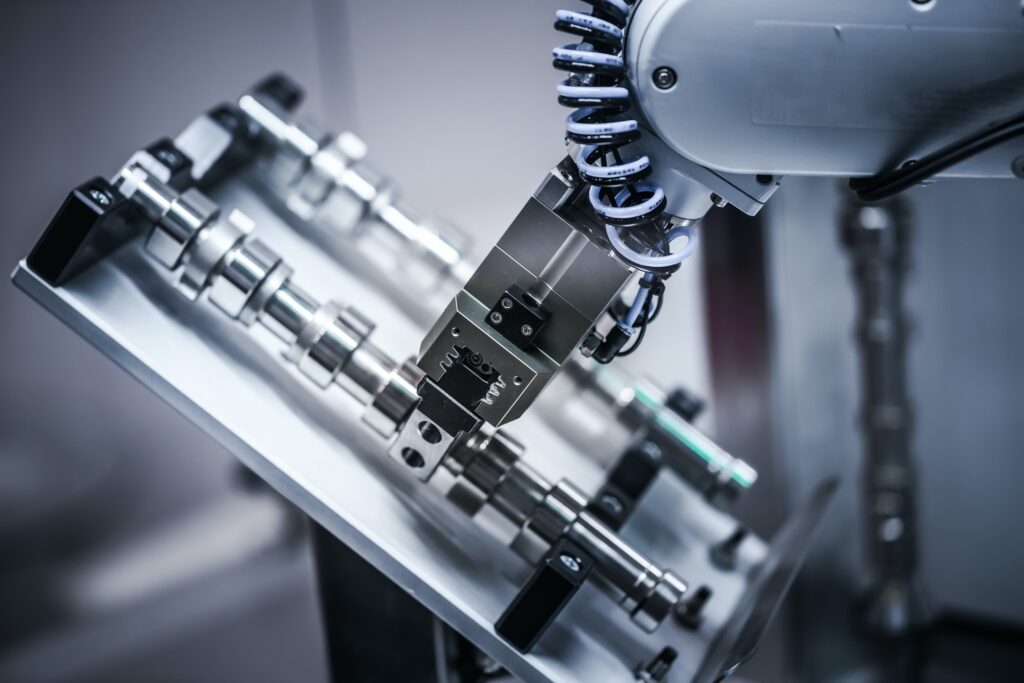High-tech businesses face many unique challenges that demand creative solutions whether implementing strategies, planning for future expansion, or dealing with ever-changing regulations and business paradigms.
In today’s world, technology is continuously evolving and to cope with such diverse business requirements you need sound fiscal practices better insight and proper record keeping and to have the ability to acquire capital for your company’s growth and success.
This has become ever more important for this industry to maintain compliance with varying regulations because the nature of business can be changed by introducing a new idea or product and that called for new legislation. Emergence of new technologies, patenting rules, growing regulatory oversight and global competition requires that tech companies must modify their business models and prepared to face any challenges that may lie ahead.

Cloud computing has significant benefits, but it brings its unique challenges when it comes to accounting. Recent changes introduced in accounting to accommodate SaaS, have made it more appealing to businesses. New guidelines states that to capitalize the implementation costs of a CAA, a client will apply the similar criteria as it would for an on-premises license.
The FASB amended accounting standards in 2018, that have changed the costing model for deployment, configuration and other upfront charges incurred for adopting a cloud computing solution.
Switching from an on-premise setting to a cloud-based environment will not only reduce your capital expenditure and administrative cost but will also help create a modular IT setup. Firms should always consider the connotations of financial reporting and wide-ranging tax considerations because of the new accounting guidance.

ONealCPA consists of carefully selected, highly experienced associates whose diversity of professional skills translates into comprehensive tax services tailored for your specific needs.
We are committed to providing you with the resources required to make good, sound financial decisions.
Sign up for the ONealCPA Newsletter today!
Web Design: Noble Graphics